2020 Vision for Wellness
The most common time that people pause to reflect on the patterns in their life that promote wellness is the start of a new year. Whether you are an optimist that leans toward the possibilities of positive change, or someone who tends to view life with a pessimistic reality, here are four areas of focus that can help you move toward improved mental wellness.
Sleep Well
Everything a person does to improve their mental state begins with the foundation of good quality sleep. In fact the symptom that most mental disorders have in common is a disruption in the sleep cycle. A person experiencing depression will often report constant fatigue and sleeping more than normal throughout the day. Anxiety and mood disorders are often linked with difficulty falling and staying asleep. Trauma can cause a person to resist sleep in order to avoid nightmares or other difficult sensations when waking. Sleep deprivation can lead to psychotic symptoms including paranoia and hallucinations. The bottom line is that the number one thing a person can do to feel better is to make predictable, consistent sleep a top priority.
Eat Well
Another major way to impact emotional wellness is to make sure that you address what you eat and why. Eating well can be tricky for a variety of reasons both emotional and physical. When tackling problems related to eating, it is important to understand the connection between what we put in our stomach (gut) and how this can have a major impact on brain and body functioning. Concentration, physical endurance, emotional stability, and relational interactions are all greatly impacted by the quantity and quality of food and beverages that we digest. Because thoughts related to eating are so fraught with guilt and shame, working with a professional can be an important part of making positive change.
Cope Well
Stress management is all about becoming aware of when your body and brain are sending signals. By noticing your “stress cycle”, you can find ways to release the tension and negative energy that otherwise will be stored in the body and result in physical and emotional problems. There are so many positive ways to release stress. The trick is finding several options to put in your toolbox of coping strategies so you have a variety of choices. Talking to a friend, listening to music you enjoy, dancing, singing, drawing, writing, hiking, and hobbies of all kinds are healthy ways to let out some steam and replace tension with positive thoughts and feelings.
Move Well
Releasing stress through physical exertion has been proven to positively impact all of the areas mentioned above. Sleeping, eating, coping-all these areas of life improve when a person incorporates movement into their day. Simple movements such as taking the stairs, parking down the street from work, stretching in the morning, or a brisk 30 minute walk can initiate a reduction in stress hormones and increase dopamine response. It has often been said, but is worth repeating, that a small amount of exercise can have a big impact on overall wellness.
